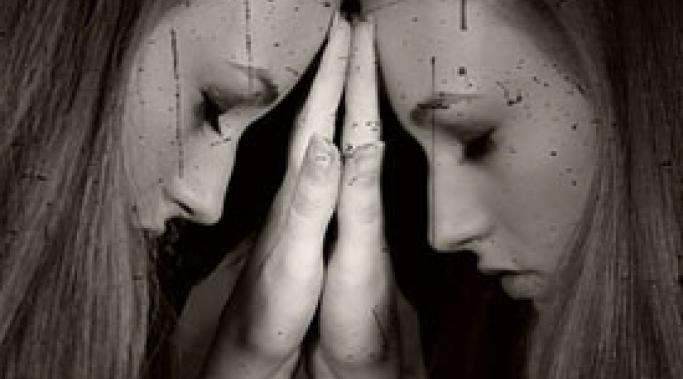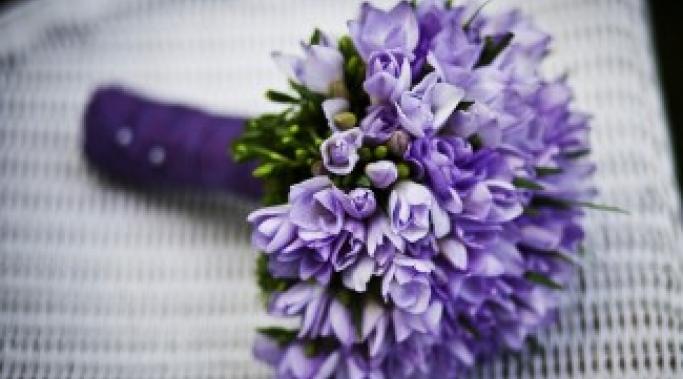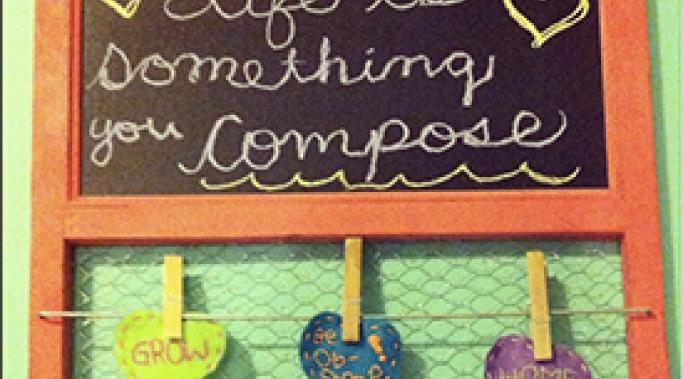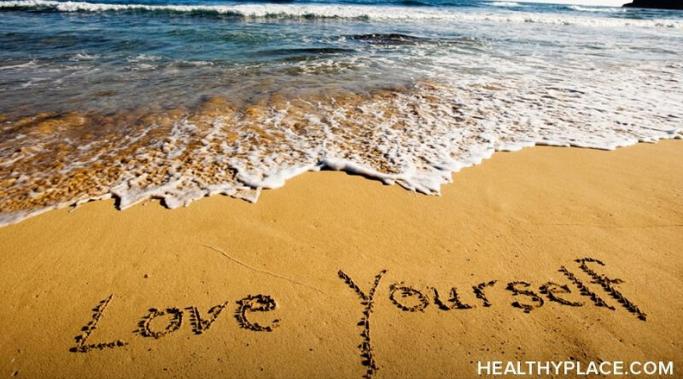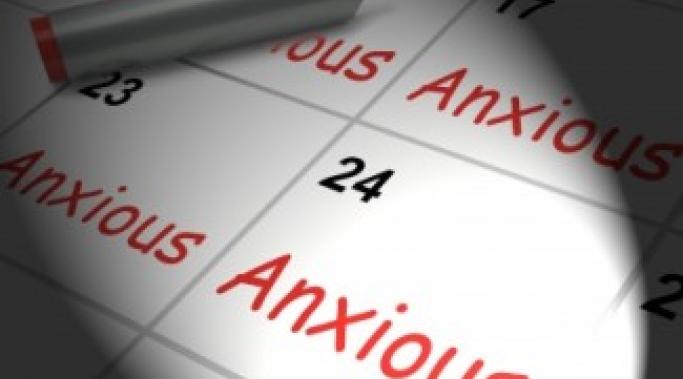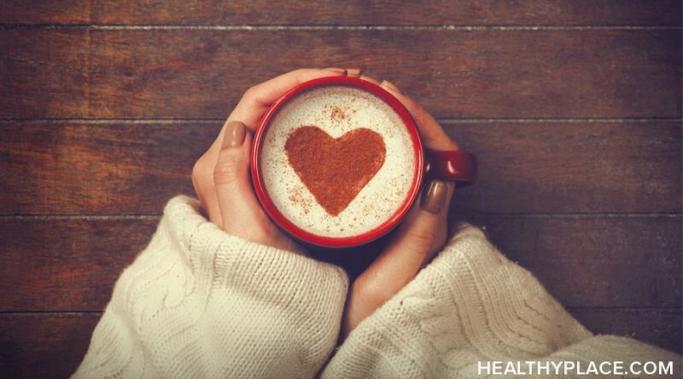In childhood I really believed the phrase, "If you don't have anything nice to say, don't say anything at all."
I learned to smile all the time so that people liked me. I rarely ever complained, since I knew that so many people in the world had things in their lives far worse than I could imagine. It's no wonder that my family and friends only learned about my depression symptoms and feelings when I became actively suicidal.
Depression Coping Skills
Most days, I’m pretty accepting of having depression. Some days, I’m not. One of those days happened recently when I heard two young women excitedly discussing their plans for the future. They looked to be about the age I was right before I was diagnosed. Back then I had concerns and worries, but big mental health diagnoses were just not on my horizon. As far as I knew at least.
I mentioned to my psychiatrist that my sister is getting married this week and my doctor reminded me that if I have mixed or depressed feelings at the wedding not to panic because this can be normal. This made me think – for those prone to depression, maybe weddings are similar to the holidays in that they can provoke the exact opposite of what you think you should be feeling. At a very “happy” event like a wedding, we can feel pressure to feel very good. And what if we don’t?
I love language. I believe the words we choose shape our minds and our world. This is why I choose to say, "I have depression" instead of saying, "I'm depressed." My depression diagnosis is a part of me, but it isn't all of me. Using positive language to describe my illness helps me manage my illness.
At times, I definitely feel like I am a walking pit of doom and gloom. I feel so depressed that I literally can't believe I'll ever feel anything good ever again. I wonder, why live when I feel like dying? No feeling ever lasts forever, though. If I wait it out, usually a friend will text me or I'll see a new recipe I want to try. The world reminds me that there is more to me than my depression.
If you’re familiar with depression, you’re familiar with black and white thinking, or thinking in absolutes such as, “I can’t do anything right.” I find that even when I am not in a depressed state, noticing black or white thinking can be one of the first signs that my mood is starting to wobble. I’ve learned that with mood, I’d rather address a slightly low mood from the get-go than wait until I have to dig myself out of a deeper depression. And the key with addressing black and white thinking is to move from black and white to gray. Black and white is limited. Gray embraces the range of possibilities.
It's very common to experience apathy and disinterest in the things you once loved when you're suffering from depression. Your depression symptoms, however, don't need to dictate how you spend your time. If you do things you enjoy (or used to enjoy) you can actually reverse some of the damage your hopeless feelings do to your everyday sense of self and well-being.
Spring can be a tough time for me, often triggering a depression similar to a seasonal affective disorder episode. This year I had a depressive period in April. Following a medication tweak, I’ve been doing well. On a mood scale I’d be scoring decent to good lately. But I’ve recently been reminded that depressed or not, life is full of ups and downs and they need to be dealt with.
Several years ago I did an inpatient treatment program for depression. At the end of my stay at the hospital, I was asked to complete a survey on my experience there. The form had room for comments and suggestions and as I filled it out, I realized I had a lot to say about my depression treatment.
Whether you are a parent with depression struggling to raise children or a new mom suffering from postpartum depression, know that you are not alone.
I've learned a lot of things from over a decade of treatment for depression. In the long list of recovery tips I could share with you, the most important thing I've learned is that you can't hate yourself out of being depressed. It can really stand between you and your recovery. Hating yourself is no way to accomplish anything, especially when it comes to recovering from depression.
